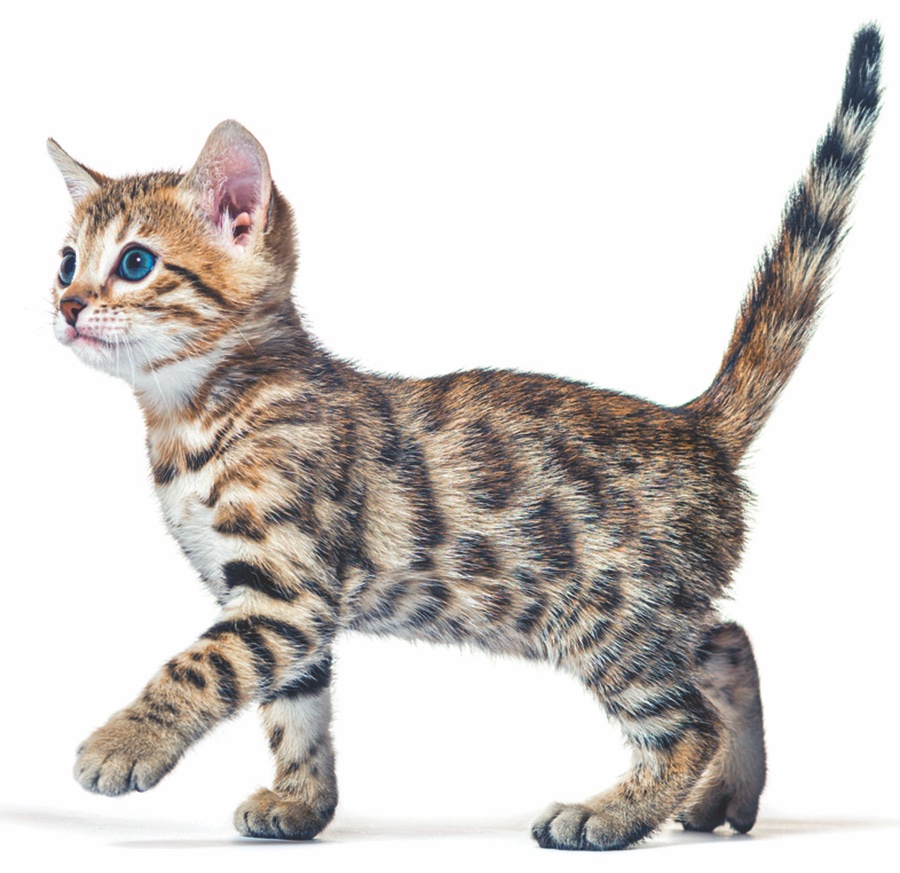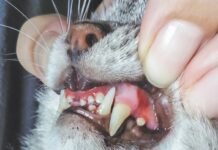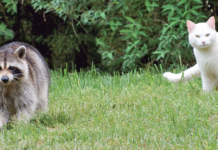When your cat has blood drawn or urine submitted for analysis, whether for routine screening or due to a health problem, there is one standard set of laboratory reference values that is used to characterize a variety of markers in these samples. That means one set of normal values for all cats, regardless of age.
An astute veterinarian will take the age of your cat into consideration, but it makes sense to potentially develop different reference intervals for cats of different ages, especially kittens and seniors.
A recent article in the Journal of Feline Medicine and Surgery looked at some biomarkers in serum and urine. Of particular interest were values related to hyperthyroidism and chronic kidney failure such as serum creatinine, symmetric dimethylarginine, phosphate, total calcium, total thyroxine, urinary protein:creatinine ratio, and urine specific gravity.
This Belgian study included 206 healthy cats. Of these, 134 were mature cats, ages 7 to 10 years, and 72 were senior cats over 10 years of age. The researchers found differences when results were compared to standard values based on cats of all ages combined. The upper limit of the reference intervals for cats ages 7 or older was lower for serum creatinine, total thyroxine, and phosphate, and higher for symmetric dimethylarginine. The lower limit of the age-appropriate reference intervals was lower for urine specific gravity, say the researchers. The new reference interval was almost identical to the existing laboratory reference interval for total calcium and urine protein:creatinine ratio.
More research will need to be done if a definitive set of normal values is to be established for cats of different ages. This study suggests that it is worthwhile to establish age-appropriate reference levels for laboratory values, at least for elderly cats. More accurate diagnostics means catching problems earlier, earlier opportunities for intervention, and better monitoring of disease processes.
Mortier F, et al. Determination of age-specific reference intervals for selected serum and urinary biomarkers in elderly cats. J Feline Med Surg. 2023 Nov;25(11):1098612X231207492. doi: 10.1177/1098612X231207492. PMID: 37991462.




